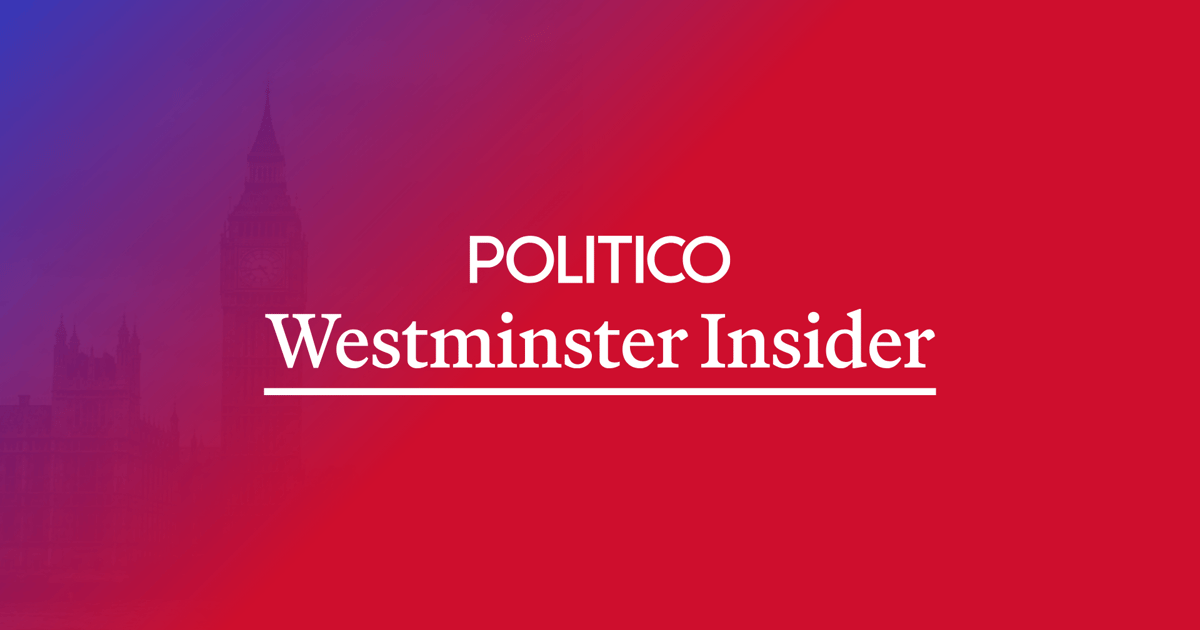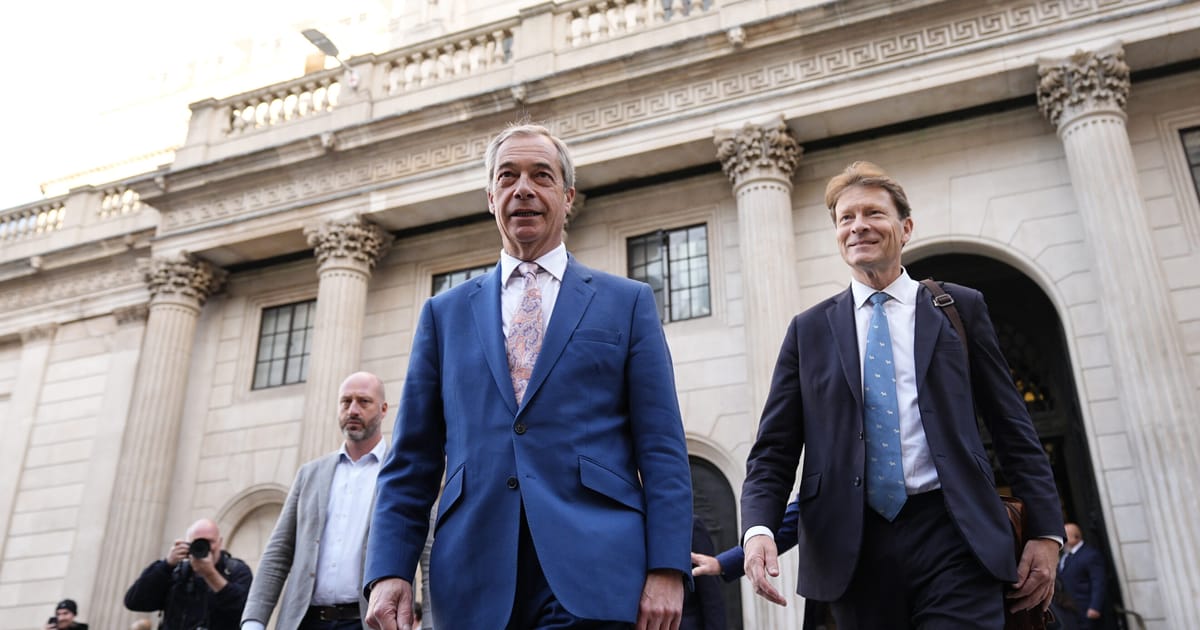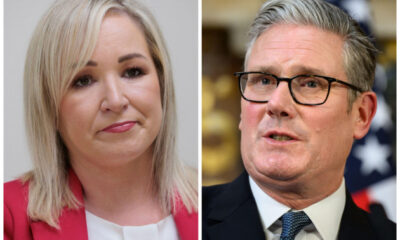EU Affairs
What do Gen Z want?

Read more on post.
Four and a half thousand miles away in Nepal, Gen Z protestors recently brought down their government in just 48 hours, amid roiling anger over corruption and nepotism.
The uprising, led by online influencers harnessing the power of AI and Tik Tok, has sent shockwaves through South Asia.
So, this week on Westminster Insider, host Patrick Baker decides it’s time to look at U.K. politics through the eyes of Gen Z — generally regarded as those born between 1997 and 2012.
Luke Tryl, UK director of polling company More in Common, sheds light on the concerns of a generation that has only ever known constant crisis — from the 2008 financial crash to Brexit paralysis and then the Covid-19 pandemic.
A Gen Z focus group describes what matters to them, and which political parties are grabbing their attention.
Gen Z MPs — Sam Carling, the Labour MP known as the ‘Baby of the House’, Keir Mather, who recently became the youngest Government minister in 200 years, and Lib Dem MP Joshua Reynolds — set out their plans to restore their generation’s faith in mainstream Westminster politics.
‘Your Party’ co-leader Zarah Sultana, which has polled well with young people, speaks to Patrick at a grassroots party meeting in North London, where we hear from Gen Z about their hopes for the future, and why they still back Jeremy Corbyn.
With a big increase in Gen Z men voting for Reform UK, Owain Clatworthy, a 21-year-old Reform UK councillor in Bridgend in Wales, explains why he stood for Nigel Farage’s right-wing populist party at such a young age.
And following the recent killing of American conservative activist Charlie Kirk on a U.S.college campus, Patrick attends his memorial in London to speak to young men inspired by Kirk’s ultra-conservative brand of right-wing politics.
EU Affairs
‘Let’s have a trial’: Comey proclaims innocence as Trump revels in grand jury indictment he demanded
EU Affairs
Constantin Schreiber: Israel zwischen Tragödie, Trauma und Hoffnung

Read more on post.
Constantin Schreiber: Israel zwischen Tragödie, Trauma und Hoffnung – POLITICO
Advertisement
EU Affairs
Farage takes on the Bank of England with blast against QE legacy

Read more on post.
The Reform duo also urged the Bank to stop the active selling of the gilts it bought during the QE period, something that several analysts and investors have argued is putting unnecessary upward pressure on the government’s borrowing costs. Tice told POLITICO on Thursday that stopping gilt sales alone could have taken around £1.5 billion off the government’s bill for debt interest this year. The Bank argues that the taxpayer wouldn’t end up paying any less in the long run, though.
Reform is now seeking a full parliamentary debate on ‘quantitative tightening’, or QT, when MPs return from their recess, something he may get in the second half of next month if the Leader of the House of Commons is sympathetic. “It’s much more powerful as a debate in government time, as opposed to a backbench business debate,” Tice argued.
The political argument is simple. “If Parliament via the Chancellor of the Exchequer gave a different steer to the Bank of England, this could significantly reduce the need for tax rises at the Budget,” Tice said in a statement released after the meeting.
Reeves can ill afford to ignore anything that will raise money at a time when sluggish growth and productivity and constant increases in spending have made it all but impossible for her to stick to her own self-defined fiscal rule. And left-leaning think-tanks such as the Institute for Public Policy Research and Positive Money have already come to much the same conclusions.
Yet Reform’s high-volume handling of a meeting that the Bank styled as a routine meeting with elected politicians represents something of a break with convention. Since Tony Blair’s government granted the Bank independence in 1997, party leaders have refrained from appearing to give instruction to the Bank on how to conduct monetary policy.
Tice, however, in comments to POLITICO, argued that the issue is essentially a fiscal one, since the losses incurred by the Bank through QT have to be picked up by the taxpayer. “Parliament has failed in its duty to give the Bank more direction and support in this area,” he said. “It’s left the Bank to make its own decision and sort of … swing in the wind.”
-
Culture3 days ago
Taylor Swift’s new cinema outing generates more than €12million in just 24 hours
-
Politics3 days ago
European Parliament snubs Orbán with vote to shield Italian MEP from Hungarian arrest
-
Health4 days ago
EU renews support for WHO’s Universal Health Coverage Partnership
-
Culture3 weeks ago
Life, loss, fame & family – the IFI Documentary Festival in focus
-
Environment6 days ago
Key oceans treaty crosses threshold to come into force
-
Culture3 days ago
Twilight at 20: the many afterlives of Stephenie Meyer’s vampires
-
Culture1 week ago
Farewell, Sundance – how Robert Redford changed cinema forever
-
Culture2 months ago
Fatal, flashy and indecent – the movies of Adrian Lyne revisited








































